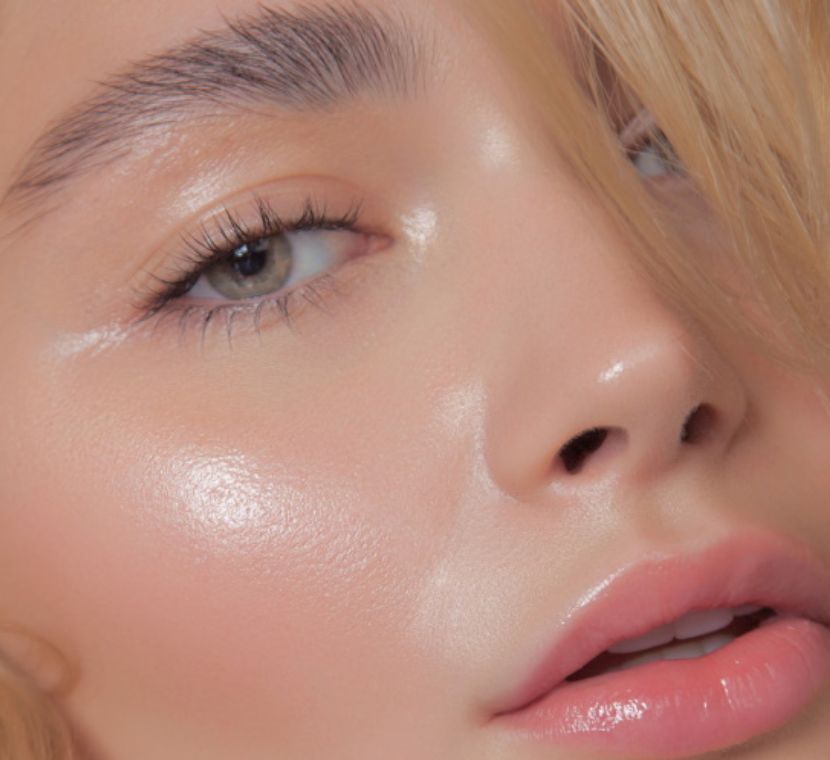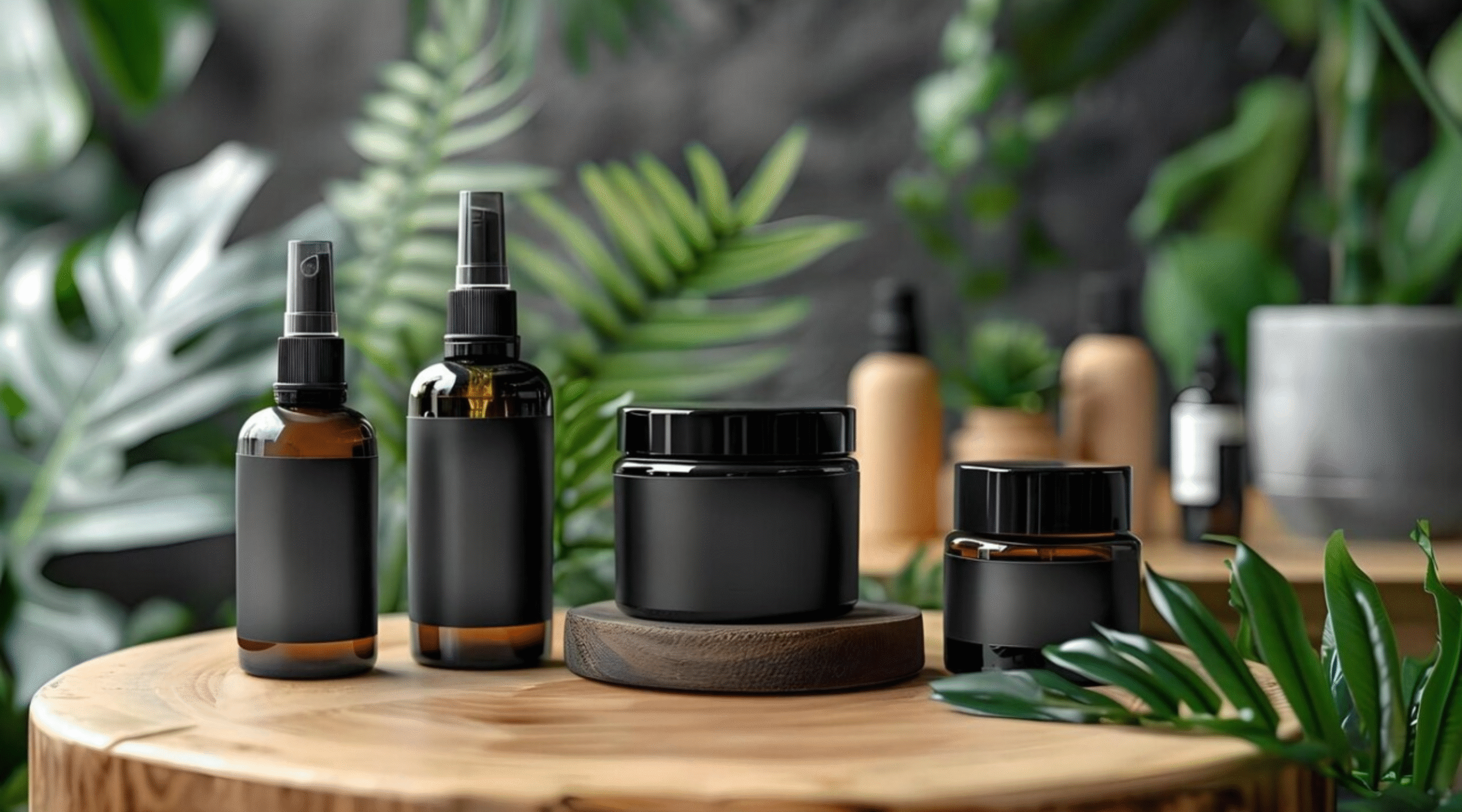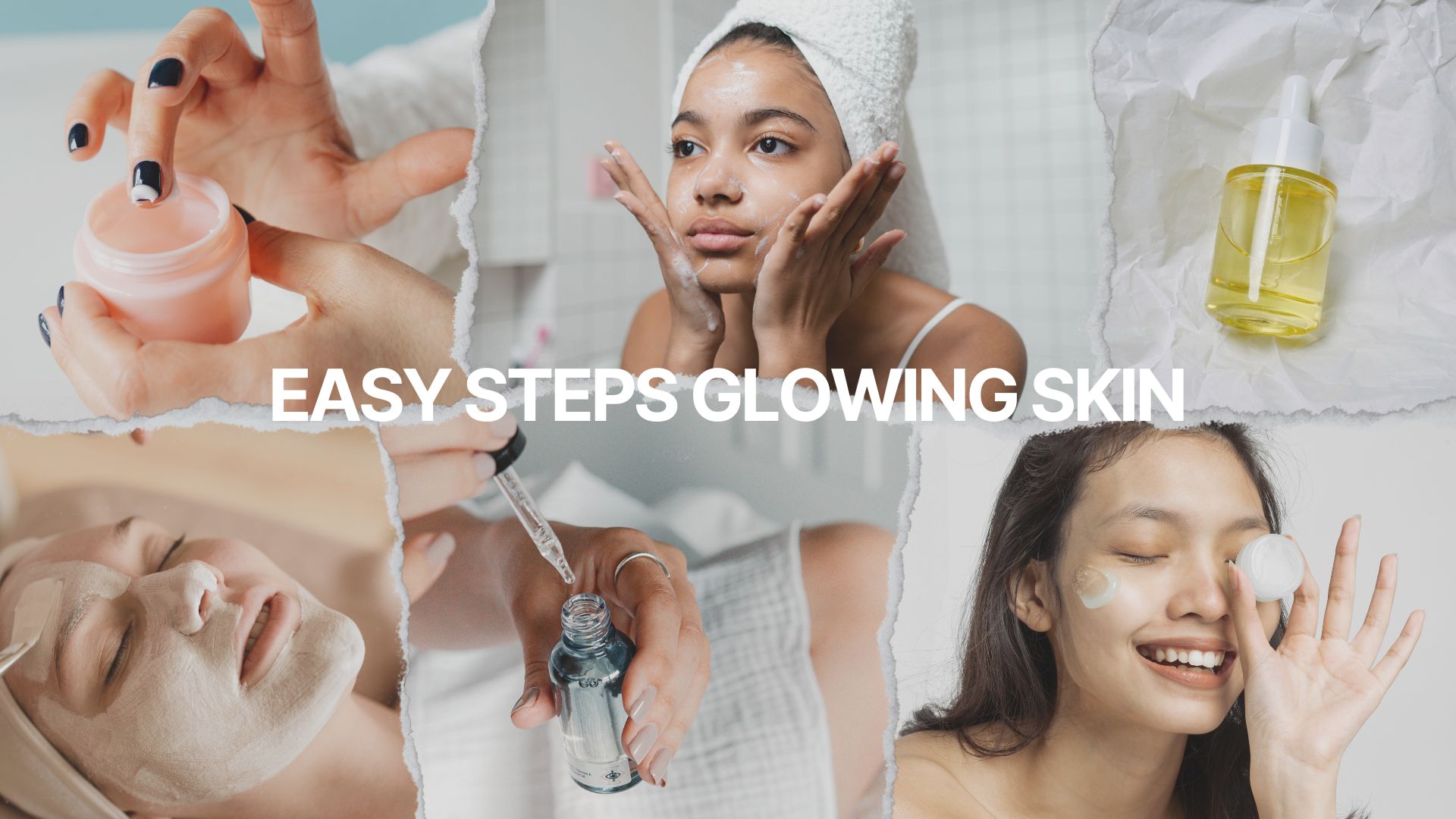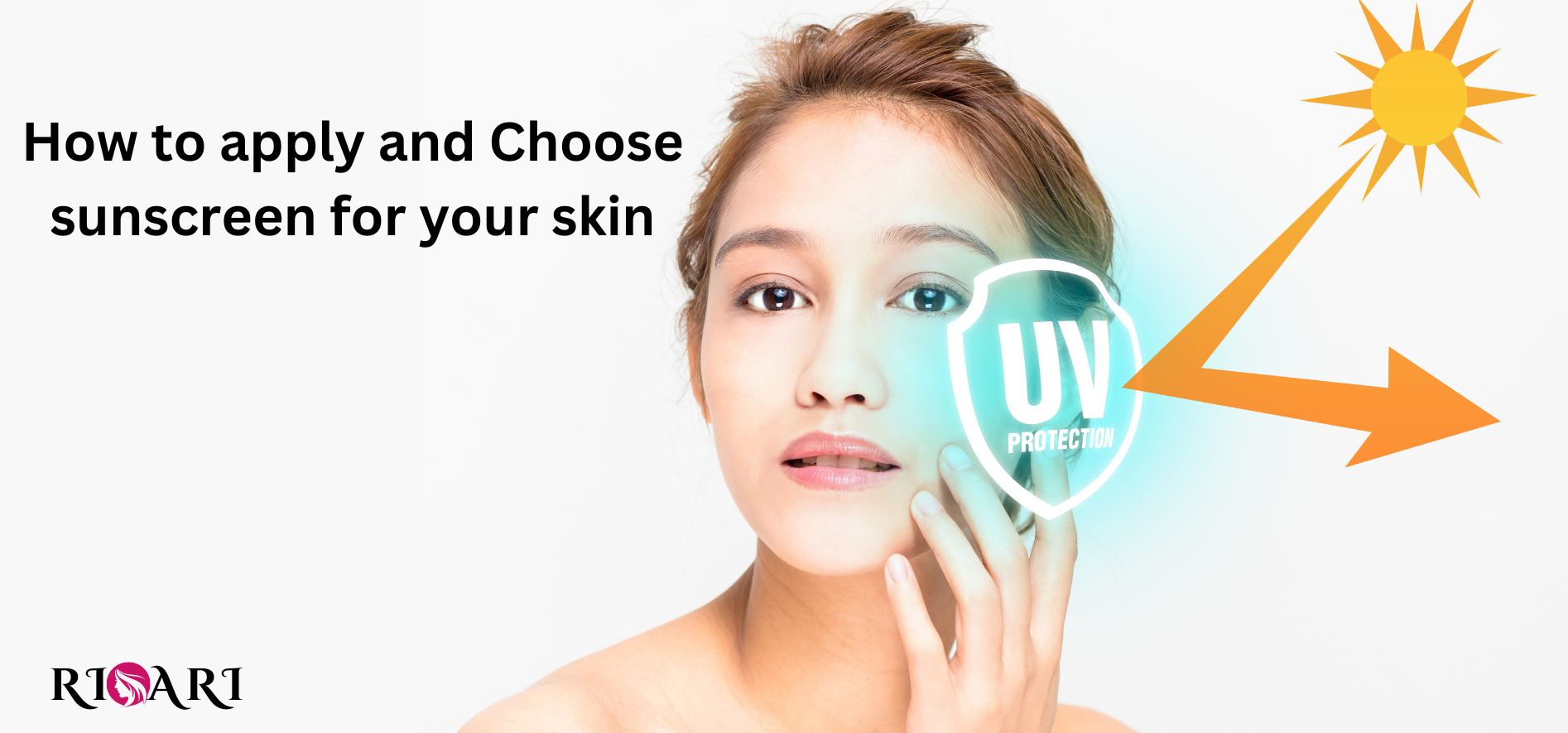Introduction
Retinoids, derived from vitamin A, are among the most researched and effective skincare ingredients for treating acne and reducing wrinkles. But with options like retinol (OTC) and tretinoin (prescription), how do you know which one is right for you?
This dermatologist-approved guide compares retinol vs. tretinoin, their benefits, side effects, and which one works best for acne, anti-aging, and hyperpigmentation, backed by scientific studies.
What Is Retinol?
Retinol is a weaker, over-the-counter (OTC) retinoid that converts into retinoic acid (the active form) slowly in the skin. It’s gentler but takes longer to show results.
Best for:
– Beginners
– Sensitive skin
– Mild acne & early signs of aging
❌ Downsides:
– Slower results (takes 8-12 weeks)
– Less effective for severe acne or deep wrinkles
Popular Retinol Products:
– CeraVe Skin Renewing Retinol Serum
– The Ordinary Retinol 1% in Squalane
– Olay Regenerist Retinol24 Night Moisturizer
What Is Tretinoin?
Tretinoin (brand names: Retin-A, Renova, Altreno) is a prescription-strength retinoid that works immediately as retinoic acid. It’s stronger and more effective but can cause more irritation.
Best for:
– Stubborn acne
– Deep wrinkles & fine lines
– Hyperpigmentation & sun damage
❌ Downsides:
– Requires a prescription
– Higher risk of redness, peeling, and purging
Common Tretinoin Strengths:
– 0.025% (mild)
– 0.05% (moderate)
– 0.1% (strongest)
Key Differences Between Retinol & Tretinoin
Strength & Effectiveness
| **Factor** | **Retinol** | **Tretinoin** |
|—————–|————|————–|
| **Potency** | Mild | Strong |
| **Time to See Results** | 8-12 weeks | 4-8 weeks |
| **Best For** | Mild acne, early aging | Severe acne, deep wrinkles |
Prescription vs. Over-the-Counter
– Retinol: Available in drugstores (no prescription needed).
– Tretinoin: Requires a dermatologist’s prescription
Side Effects & Irritation
– Retinol: Mild dryness, slight peeling (better for sensitive skin).
– Tretinoin: More likely to cause redness, flaking, and purging (acne may worsen before improving).
Which Is Better for Acne?
✔ Tretinoin is the gold standard for acne due to its strong anti-inflammatory and pore-unclogging effects (Zaenglein et al., 2016).
✔ Retinol can help with mild acne but is less effective for cystic or hormonal acne.
Which Is Better for Anti-Aging?
✔ Both stimulate collagen, but tretinoin has more research proving its anti-aging benefits (Kafi et al., 2007).
✔ Retinol is a gentler alternative for those who can’t tolerate tretinoin.
Scientific Research & Studies
– Tretinoin for Acne: A 2016 study found tretinoin significantly reduces acne lesions compared to placebo (Zaenglein et al., 2016).
– Anti-Aging Effects: Research shows tretinoin increases collagen by up to 80% after 12 months (Kafi et al., 2007).
– Retinol vs. Tretinoin: A 2019 study confirmed tretinoin works faster, but retinol is less irritating (Mukherjee et al., 2019).
How to Choose the Right Option for You
– Start with retinol if you have sensitive skin or are new to retinoids.
– Switch to tretinoin if you need a stronger acne/anti-aging treatment.
– Consult a dermatologist for personalized advice.
Dermatologist-Approved Tips for Using Retinoids
– Start slow (2-3x per week, then increase).
– Apply at night (retinoids degrade in sunlight).
– Use sunscreen daily (retinoids increase sun sensitivity).
– Moisturize well (apply a ceramide cream to reduce irritation).
❌ Avoid:
– Mixing with vitamin C or benzoyl peroxide (can cause irritation).
– Using on wet skin (increases absorption and irritation).
FAQs About Retinol vs. Tretinoin
Q1: Can I use retinol and tretinoin together?
No, using both increases irritation risk. Stick to one retinoid at a time.
Q2: Does tretinoin work faster than retinol?
Yes, tretinoin shows visible results in 4-8 weeks, while retinol takes 8-12 weeks.
Q3: Can retinol cause purging like tretinoin?
Yes, but it’s less severe than with tretinoin.
Q4: Is tretinoin safe for long-term use?
Yes, studies confirm tretinoin is safe for years with proper use (Baldwin et al., 2021)
Q5: Can I use retinol if I have rosacea?
Yes, but start with a low concentration (0.3%) and monitor irritation.
Conclusion
Both retinol and tretinoin are effective, but:
✔ Tretinoin is stronger for acne & deep wrinkles (requires prescription).
✔ Retinol is gentler for beginners & sensitive skin (available OTC).
For best results:
– Start slow.
– Use sunscreen.
– Consult a dermatologist for personalized advice.
Final Verdict:
– For acne & fast anti-aging → Tretinoin
– For sensitive skin & maintenance → Retinol










